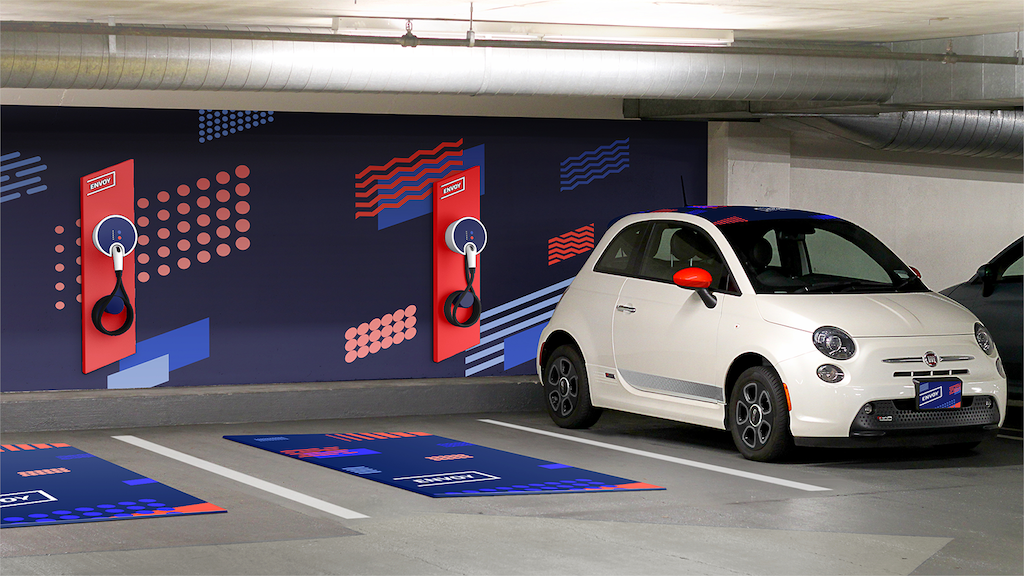Goodyear’s Digital Service Solution For Shared, On-Demand EV Fleets

Goodyear Tire & Rubber Company today announced a new pilot program with Envoy Technologies, a provider of shared on-demand, community-based electric vehicles (EVs). The pilot, which launched early in Ohio this year, is testing services aimed at minimising operational downtime for vehicle fleets.

Goodyear’s unique predictive tyre servicing solution for connected fleets is being used to forecast and automatically schedule needed tyre maintenance and replacement. Envoy’s fleet managers can see its fleet’s status, schedule maintenance needs and update appointments with Goodyear’s on-demand scheduling program, helping to keep its vehicles operational and avoid the typically unforeseen issues that might suddenly force a shared vehicle to be pulled from service.
To do this, Goodyear gathers secure, anonymised data from Envoy’s connected vehicles and uses it to predict and schedule service needs. Goodyear then utilises its network of outlets and mobile vans to provide service to the vehicles. The mobile vans can install tyres on-site at their charging stations, maintaining vehicle safety with minimal time required by Envoy staff.
“With on-demand car sharing and ride hailing services on the rise, Goodyear is extending its fleet services business model to shared mobility providers to improve urban fleet operations,” said Chris Helsel, Goodyear’s chief technology officer.
Envoy provides shared, community-based electric vehicles where people live, work and stay, with a significant percentage of its fleet dedicated to deployment in disadvantaged communities. The two-year-old company recently passed a milestone of more than 100 vehicles deployed at partner sites with a pipeline of 1,800 vehicles to be launched in major metropolitan areas across the nation, including Portland, Seattle, Austin, Chicago, New York, Boston, Miami and Washington, D.C.
“This pilot with Goodyear helps us provide more comprehensive fleet management services and ensures vehicle readiness for our customers,” said Envoy co-founder Aric Ohana. “As Envoy continues to expand across the nation, Goodyear is uniquely positioned to provide the type of support needed to keep fleets on the streets.”
According to Helsel, Goodyear’s advantage lies in its combination of fleet management expertise, intelligent products and a vast service network to deliver complete solutions for the future of mobility.
Goodyear’s effort with Envoy builds on a successful test program with Tesloop, a city-to-city mobility service that exclusively used Tesla electric vehicles, and the commercialisation of Goodyear Proactive Solutions for truck fleets, using advanced telematics and predictive analytics technology to allow fleet operators to optimise fuel efficiency and precisely identify and resolve tyre-related issues before they happen.




